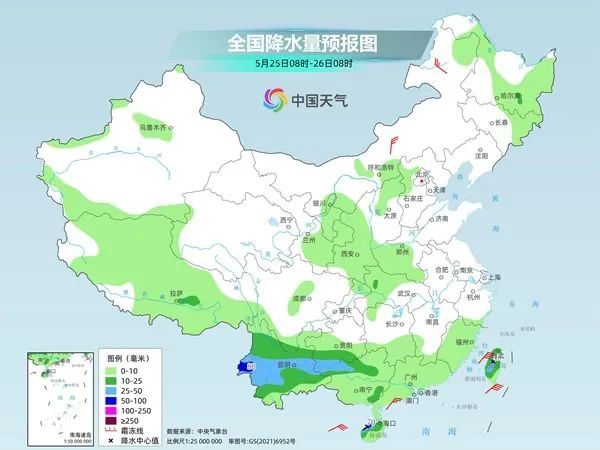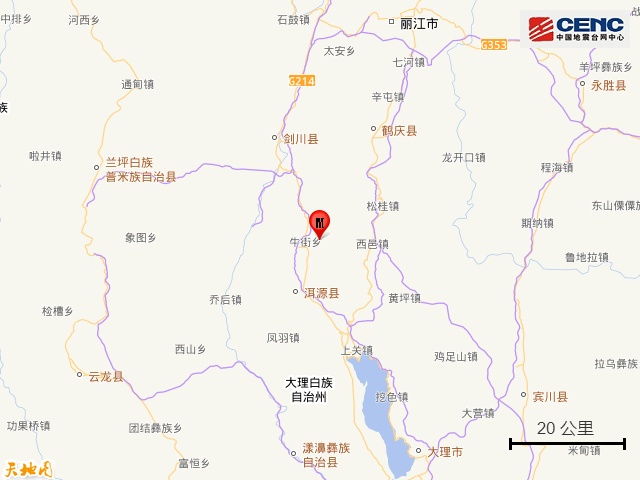China's sacrifices should always be remembered
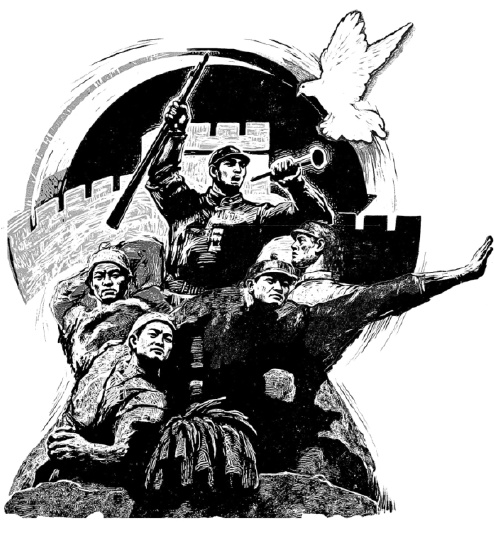
MA XUEJING/CHINA DAILY。
Editor's note:。With global tensions rising and regional conflicts showing no signs of ending, it has become more urgent than ever to understand the root causes of war. Wang Jianlang, president of the Chinese Society for the History of the War of Resistance Against Japanese Aggression, reflects on some overlooked aspects of World War II — its real starting point, China's under-recognized contribution, and why the principle of "indivisible peace" remains vital today. Wang also warns against populism and historical amnesia in an in-depth conversation with China Daily's Liu Jianna for Dialogues with Thinkers, China Daily's high-end interview program. Following are excerpts from the interview:。
Q1: How should the world reflect on World War II amid the ongoing regional conflicts in order to prevent new wars?
A: We are witnessing a turbulent era of global change. While we may not yet be on the brink of a third world war, the current global environment is arguably the most chaotic in the 80 years since the end of World War II. International rules and norms are being repeatedly violated, increasing the risks of a global war.。
In such times, it is crucial to learn from the experiences of World War II. The prelude to that war showed how incremental aggression, if unchecked, could spiral into a global catastrophe. The world failed to respond decisively to early acts of aggression, which ultimately emboldened the Axis powers. Japan's occupation of Northeast China, Germany's expansion into Austria and Czechoslovakia were all warning signs.。
Today, our ability to prevent another global war hinges on our willingness to uphold international norms, support multilateral institutions, and collectively and decisively respond to emerging threats. History warns us that inaction and appeasement are often enablers of war.。
Q2: Why should we reconsider the starting point of World War II?
A: Traditionally, World War II is considered to have begun in 1939 with Germany's invasion of Poland. This Euro-centric perspective has dominated mainstream history. However, decades of research suggest the war had two major origins: Europe and East Asia.。
Japan's invasion of Northeast China in 1931 — commonly known as the "Sept 18 Incident" — was a prelude to World War II. But the world at that time failed to recognize its global implications, which led to a long and brutal campaign that eventually evolved into a full-scale war in 1937.。
If we consider the Axis powers collectively as the initiators of World War II, then Japan's invasion of Northeast China in 1931 marked the opening act of the conflict, while its full-scale invasion of China in 1937 should be recognized as the true starting point of the war. Recognizing this broader timeline will not diminish European experiences but rather complete the full global picture of the war, because World War II was not a single-front conflict but a worldwide fight against fascism, shaped by multiple triggers and theaters of violence.。
Q3: What key lessons from World War II should we always remember?
A: One of the most important lessons is the danger of appeasement and inaction in the face of early aggression. Before 1937, as Japan escalated its aggression into a full-scale invasion of China, the international community largely limited its response to expressions of sympathy, offering little in the way of concrete support. The lack of action to curb Japan's ambitions failed to deter Japan's expansion, which continued to intensify in the following years.。
Similarly, in Europe, the 1938 Munich Agreement — where Great Britain and France conceded Czechoslovak territory to Nazi Germany — demonstrated how granting repeated concessions could backfire. Germany and Japan both interpreted these diplomatic compromises as a green light to intensify their aggressive campaigns.。
Another crucial lesson is the concept of "peace is indivisible". In the 1930s, major powers such as the United States viewed regional wars in Asia as irrelevant to their own national security. It wasn't until the industrial Western powers were attacked and a global alliance was formed that the importance of world peace became undeniable.。
This idea is part of the foundation of international relations. The threat to peace in one region must be seen as a threat to global peace and stability, which warrants collective and timely action. Only by adhering to this principle can we prevent regional conflicts from turning into global wars.。
Q4: How did China contribute strategically to the global anti-fascist war?
A: China's role in the global fight against fascism has often been undervalued, partly because it was not an industrial power like the US, Great Britain or the Soviet Union. Nonetheless, China's strategic contributions were immense.。
Despite the vast disparity in economic and military capabilities — China's GDP was less than a quarter and steel production less than 1 percent of Japan — China resisted Japanese aggression for 14 years, which includes eight years of full-scale war. It was a prolonged and costly resistance.。
China tied down more than 1 million Japanese troops on the Asian mainland, significantly easing pressure on Allied forces in the Pacific. Nearly 700,000 Japanese troops were engaged in Northeast China, preventing Japan from launching attacks on the Soviet Union's eastern front. This protected the Soviet Union in the east while it engaged in a brutal conflict with Nazi Germany in the west.。
Moreover, Chinese forces fought in foreign theaters such as Myanmar, contributing to the broader Allied victory. These sacrifices and strategic contributions earned China recognition as one of the "Big Four" Allied powers and a permanent seat in the UN Security Council. China's endurance and resistance were pivotal to the global outcome of the war.。
Q5: Why should the 1937 Lugou Bridge Incident be seen as a starting point of World War II?
A: While 1931 marked the beginning of a regional war of resistance against Japanese aggression, the Lugou Bridge Incident on July 7, 1937, signaled the onset of full-scale war between China and Japan.。
If we define World War II as a global war between expansionist powers and international resistance, then the 1937 invasion stands as a starting point of the war. Recognizing this helps correct the imbalance in Western narratives on the war, which often sideline the main Eastern battlefield's importance.。
By incorporating this perspective, we acknowledge that the war was not West-centric but part of a broader global breakdown of peace. It allows for a more nuanced understanding of the interconnectedness of global conflicts, and ensures that the experiences of Asian nations are not overlooked in the history of World War II.。
Q6: How should we see the roles of the Communist Party of China and Kuomintang during the Chinese People's War of Resistance Against Japanese Aggression?
A: Both the CPC and the KMT played vital roles in resisting Japanese aggression, operating on two major fronts: the enemy's rear and the main battlefield. Their contributions were complementary, even if political tensions between them persisted.。
When honoring wartime sacrifices, we should focus on the fact that all Chinese forces, regardless of their political affiliation, fought to defend the nation. Both the CPC and KMT soldiers are part of our shared memory of resistance and deserve equal recognition for their bravery. It's also important to resist overly politicized historical narratives that pit one side against the other. The reality is that their coordinated efforts helped sustain the national resistance despite extreme hardship. The legacy of these joint efforts should be a symbol of unity rather than division.。
Q7: Why must we remain vigilant against populist rhetoric and political manipulation?
A: World War II was not only a military conflict but also a political and psychological conflict. Both Nazi Germany and imperial Japan used mass propaganda to stir ultra-nationalism and justify their expansionist policies.。
Even today, in the age of information, populist leaders can distort facts and manipulate public sentiment. When emotions override reason, democratic systems can become vulnerable, and history shows how dangerous that can be.。
Preventing the resurgence of authoritarianism requires constant vigilance against those who use ultra-nationalism, fear and populism to polarize societies. The example of Hitler reminds us of how unchecked emotional mobilization can disable societal checks and balances, and lead to disaster.。
In this era dominated by social media echo chambers and algorithm-driven content, the danger is even greater. Populism can thrive in disinformation-prone environments, making it all the more essential to promote critical thinking and independent journalism.。
Q8: How did World War II lay the groundwork for today's global governance system?
A: After the end of World War II, the international community sought to prevent a recurrence of another global war by establishing a robust system of collective security, most notably through the United Nations. The concept of peace is indivisible became institutionalized; as a result any regional conflict can now be discussed at the UN Security Council.。
This legacy is not just symbolic. It reflects the hard-earned lesson that diplomacy and dialogue should take precedence over unilateral military actions. Today, maintaining the postwar world order is essential to maintain global stability.。
The idea that all conflicts — no matter how localized — can escalate and affect global peace shaped institutions like the UN and principles like the Responsibility to Protect. These frameworks are under strain today but remain vital.。
Recommitting to the spirit of postwar cooperation requires reforming and strengthening global institutions to reflect 21st-century realities, without losing sight of the lessons that led to their formation.。
Q9: Why has China's World War II narrative often been underrepresented globally?
A: Several factors have contributed to this narrative. First, during World War II, China was not an industrial power and, unlike its Western allies, lacked global influence. As a result, its contributions, though strategic and prolonged, did not receive equal attention in postwar narratives.。
Second, the dominant Euro-American focus in World War II historiography has often overlooked the significance of the main Eastern battlefield. But recent decades have seen a growing recognition of China's central role in resisting fascism.。
And third, ideological tensions during the Cold War further distorted historical representation. China's role was either politicized or sidelined depending on the prevailing geopolitical narrative. Only in recent decades has there been a scholarly shift toward a more balanced global account of World War II. Reframing historical narratives to include multiple perspectives is not about rewriting history; it's about completing it.。
Q10: Why does redefining the World War II narrative matter in today's geopolitical landscape?
A: Historical narratives shape contemporary perceptions and policies. Recognizing China's role in World War II reinforces its legitimacy as a founding member of the international order. It also highlights the importance of non-Western contributions to global peace.。
At a time when multilateralism is under strain and nationalism is on the rise, a more inclusive World War II narrative reminds us of the shared sacrifices that led to the formation of the current global system, and why it must be protected.。
Moreover, as new conflicts occur and historical accounts are often invoked to achieve political ends, a clearer understanding of how wars began — and how they were won — can guide better decision-making. Accurate, inclusive history is a cornerstone of peace and cooperation.。
To build a bright global future, we require a collective memory which should recognize that World War II was not only fought and won in Europe, but across continents, with shared sacrifices and the common hope for peace.。
Wang Jianlang, president of the Chinese Society for the History of the War of Resistance Against Japanese Aggression. The views don't necessarily represent those of China Daily.。
If you have a specific expertise, or would like to share your thought about our stories, then send us your writings at opinionchinadaily.com.cn, and commentchinadaily.com.cn.。
(责任编辑:休闲)
-
共绘生态文旅新蓝图 2025国际旅行联盟·洞庭对话在湖南岳阳举办
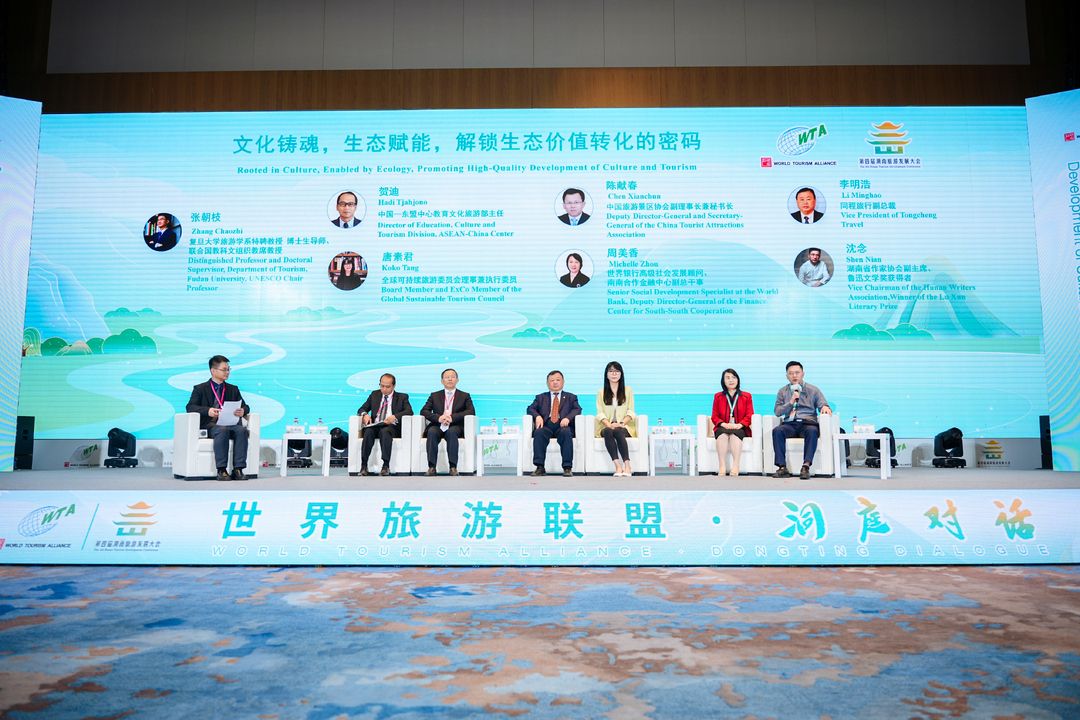 25日,第四届湖南旅行展开大会系列配套活动之一的2025国际旅行联盟·洞庭对话活动在湖南岳阳举办。来自全球旅行安排、国际文旅安排、文旅研究安排、文学艺术安排、闻名文旅企业等范畴的国内外嘉宾齐聚岳阳,共
...[详细]
25日,第四届湖南旅行展开大会系列配套活动之一的2025国际旅行联盟·洞庭对话活动在湖南岳阳举办。来自全球旅行安排、国际文旅安排、文旅研究安排、文学艺术安排、闻名文旅企业等范畴的国内外嘉宾齐聚岳阳,共
...[详细]
-
 中新网6月5日电 据朝中社报导,朝鲜劳动党总书记、国务委员长金正恩4日在朝鲜劳动党中央委员会本部大楼会见了率团拜访朝鲜的俄联邦安全会议秘书绍伊古。报导称,绍伊古传达了俄罗斯联邦总统普京对金正恩的亲热问
...[详细]
中新网6月5日电 据朝中社报导,朝鲜劳动党总书记、国务委员长金正恩4日在朝鲜劳动党中央委员会本部大楼会见了率团拜访朝鲜的俄联邦安全会议秘书绍伊古。报导称,绍伊古传达了俄罗斯联邦总统普京对金正恩的亲热问
...[详细]
-
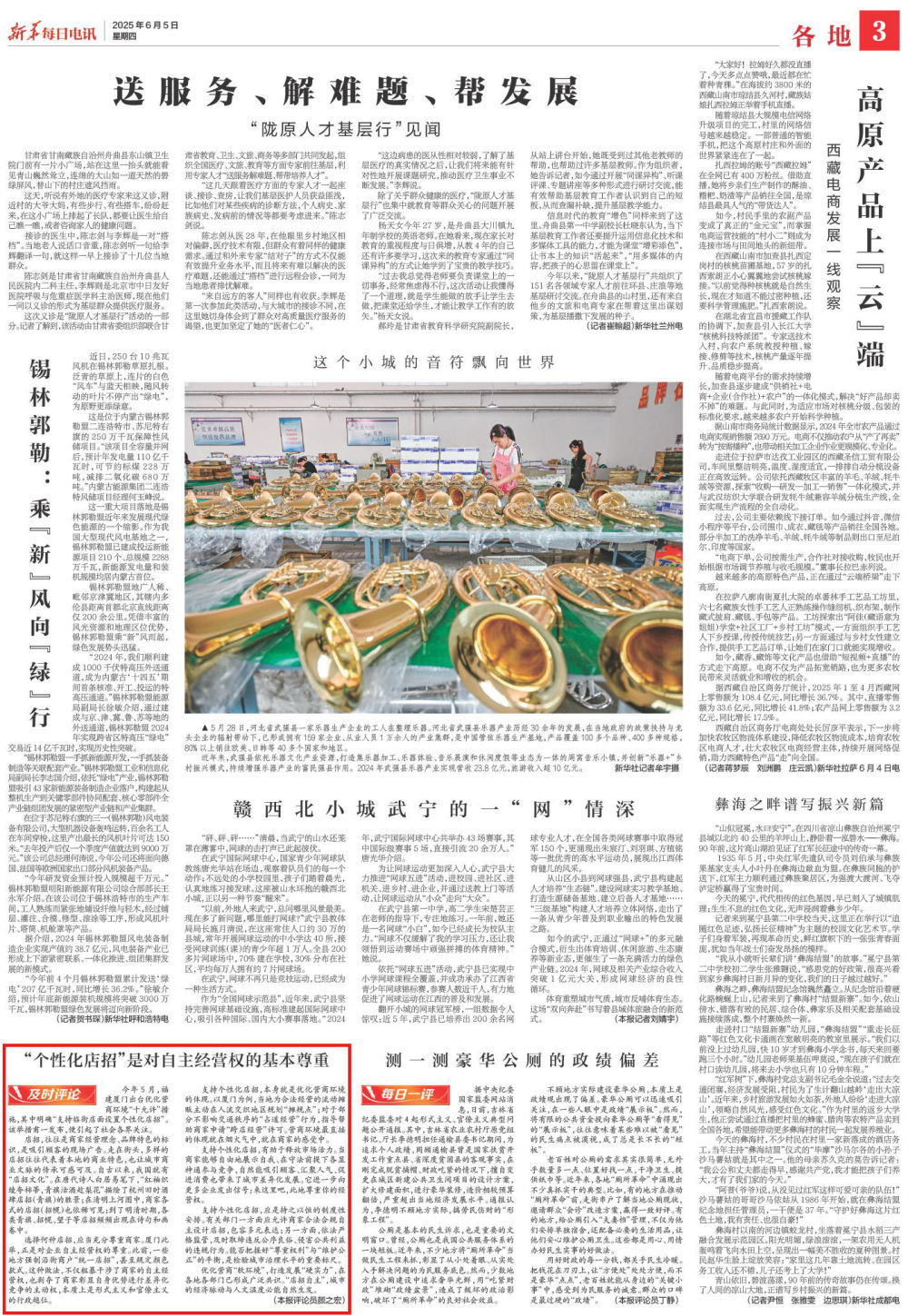 来历:6月5日《新华每日电讯》。作者:新华每日电讯评论员颜之宏。本年5月,福建厦门出台优化营商环境“十答应”办法,其间清晰“支撑临街店面设置个性化店招”。该行动甫一发布,便引起了社会各界重视。店招,往
...[详细]
来历:6月5日《新华每日电讯》。作者:新华每日电讯评论员颜之宏。本年5月,福建厦门出台优化营商环境“十答应”办法,其间清晰“支撑临街店面设置个性化店招”。该行动甫一发布,便引起了社会各界重视。店招,往
...[详细]
-
 湖北日报讯 记者崔逾瑜、通讯员胡吕良)金色麦浪褪去,禾苗铺绿郊野。正值夏种关键期,我省春夏播按下“快进键”。据农情调度,到6月2日,全省已播粮食作物3600多万亩,达春夏播意向面积的七成。其间,已栽插
...[详细]
湖北日报讯 记者崔逾瑜、通讯员胡吕良)金色麦浪褪去,禾苗铺绿郊野。正值夏种关键期,我省春夏播按下“快进键”。据农情调度,到6月2日,全省已播粮食作物3600多万亩,达春夏播意向面积的七成。其间,已栽插
...[详细]
-
财经查询丨游乐设备合格证被移花接木 自家宅院里造出夺命飞椅海盗船
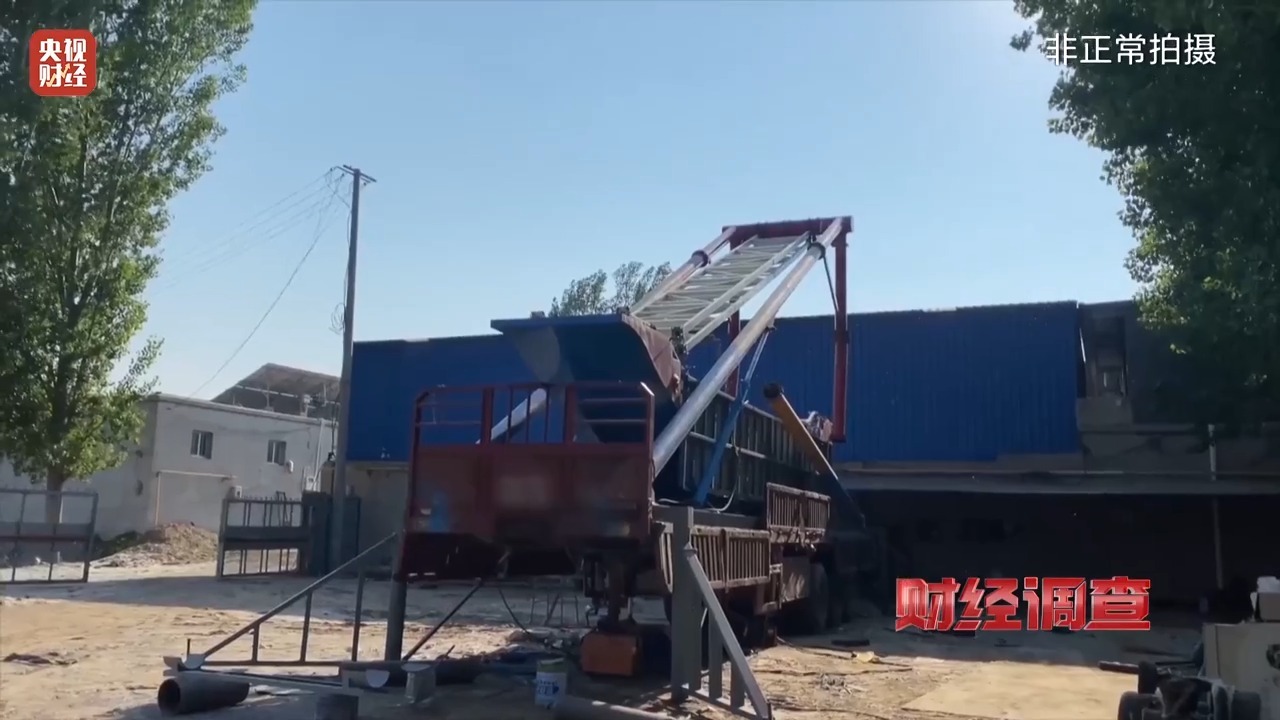 河南省荥阳市的三川游乐设备有限公司的工作人员称,依据国家规定,大型游乐设备从出产到落地,都需求进行严厉的查验。但是,在得知收购飞椅和海盗船是预备在集市、庙会中使用时,企业的工作人员话锋一转,表明假如用
...[详细]
河南省荥阳市的三川游乐设备有限公司的工作人员称,依据国家规定,大型游乐设备从出产到落地,都需求进行严厉的查验。但是,在得知收购飞椅和海盗船是预备在集市、庙会中使用时,企业的工作人员话锋一转,表明假如用
...[详细]
-
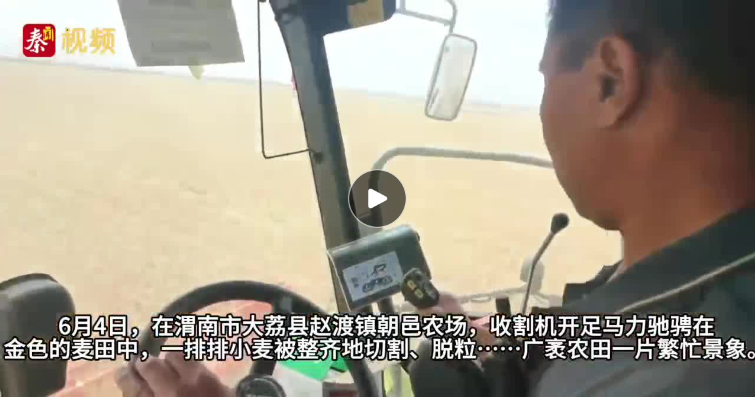 六月的黄河滩,热风裹挟着麦香掠过千亩金黄。6月4日,在渭南市大荔县赵渡镇朝邑农场,伴随着收割机的轰鸣声,一场与时间赛跑的“龙口夺食”火热上演。“快!快把传送带再调高些!”种植户田源踮着脚,冲着工人喊道
...[详细]
六月的黄河滩,热风裹挟着麦香掠过千亩金黄。6月4日,在渭南市大荔县赵渡镇朝邑农场,伴随着收割机的轰鸣声,一场与时间赛跑的“龙口夺食”火热上演。“快!快把传送带再调高些!”种植户田源踮着脚,冲着工人喊道
...[详细]
-
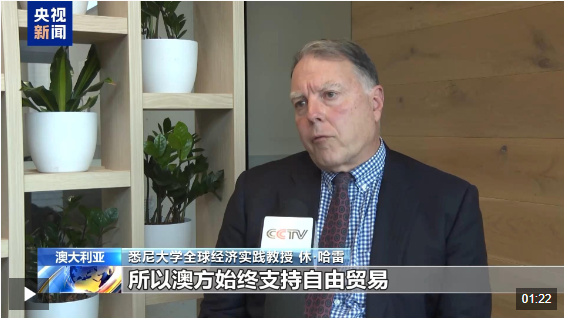 澳大利亚专家、悉尼大学全球经济实践教授休·哈雷日前在接受总台记者采访时表示,美国关税政策给全球贸易带来不确定性,冲击全球经济,也有损美国自身经济发展,澳大利亚支持自由贸易。悉尼大学全球经济实践教授 休
...[详细]
澳大利亚专家、悉尼大学全球经济实践教授休·哈雷日前在接受总台记者采访时表示,美国关税政策给全球贸易带来不确定性,冲击全球经济,也有损美国自身经济发展,澳大利亚支持自由贸易。悉尼大学全球经济实践教授 休
...[详细]
-
波音将花费超13亿美元宽和两起空难诉讼 含罚款、补偿及整改费用
 当地时间4日,美国证券交易委员会文件显现,波音公司5月29日与美司法部签署不申述协议,但需承担三项首要责任:付出总计4.872亿美元刑事罚款;向埃塞航空302航班、印尼狮航610航班空难遇难者继承人或
...[详细]
当地时间4日,美国证券交易委员会文件显现,波音公司5月29日与美司法部签署不申述协议,但需承担三项首要责任:付出总计4.872亿美元刑事罚款;向埃塞航空302航班、印尼狮航610航班空难遇难者继承人或
...[详细]
-
 中新网金边5月24日电 (记者 杨强)柬埔寨新鲜新闻网(Fresh News)CEO林谢武塔当地时间23日宣告正式启用“Fresh AI”,这是柬埔寨首个专为柬语新闻打造的人工智能程序,它整合很多国内
...[详细]
中新网金边5月24日电 (记者 杨强)柬埔寨新鲜新闻网(Fresh News)CEO林谢武塔当地时间23日宣告正式启用“Fresh AI”,这是柬埔寨首个专为柬语新闻打造的人工智能程序,它整合很多国内
...[详细]
-
“玉露宗师”一门走出2万弟子 88岁茶学大师杨胜伟让千年古茶重焕生机
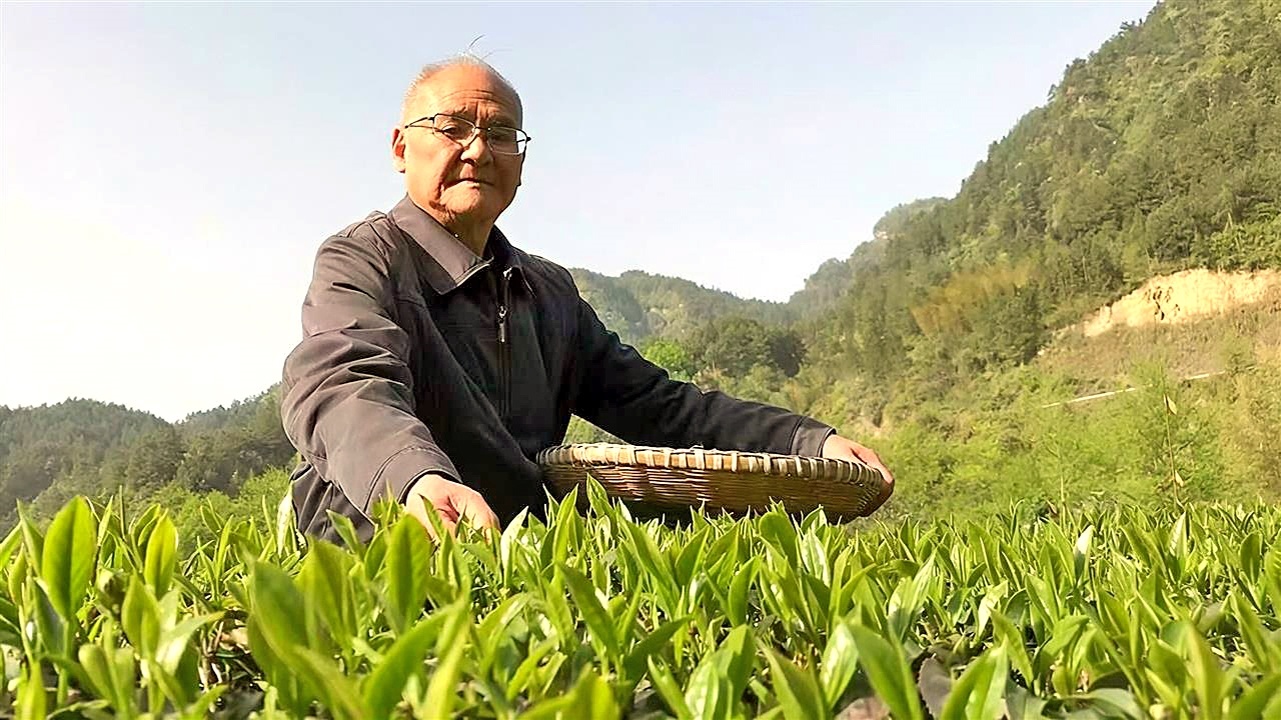 杨胜伟在茶园间 通讯员供图□楚天都市报极目新闻记者 刘俊华 李博 实习生 章文晶 陈恭烈初夏已至,春茶采摘虽已结束,恩施硒茶小镇交易市场却依旧人来人往,一箱箱恩施玉露在此被分装、称重、打包,发往全
...[详细]
杨胜伟在茶园间 通讯员供图□楚天都市报极目新闻记者 刘俊华 李博 实习生 章文晶 陈恭烈初夏已至,春茶采摘虽已结束,恩施硒茶小镇交易市场却依旧人来人往,一箱箱恩施玉露在此被分装、称重、打包,发往全
...[详细]

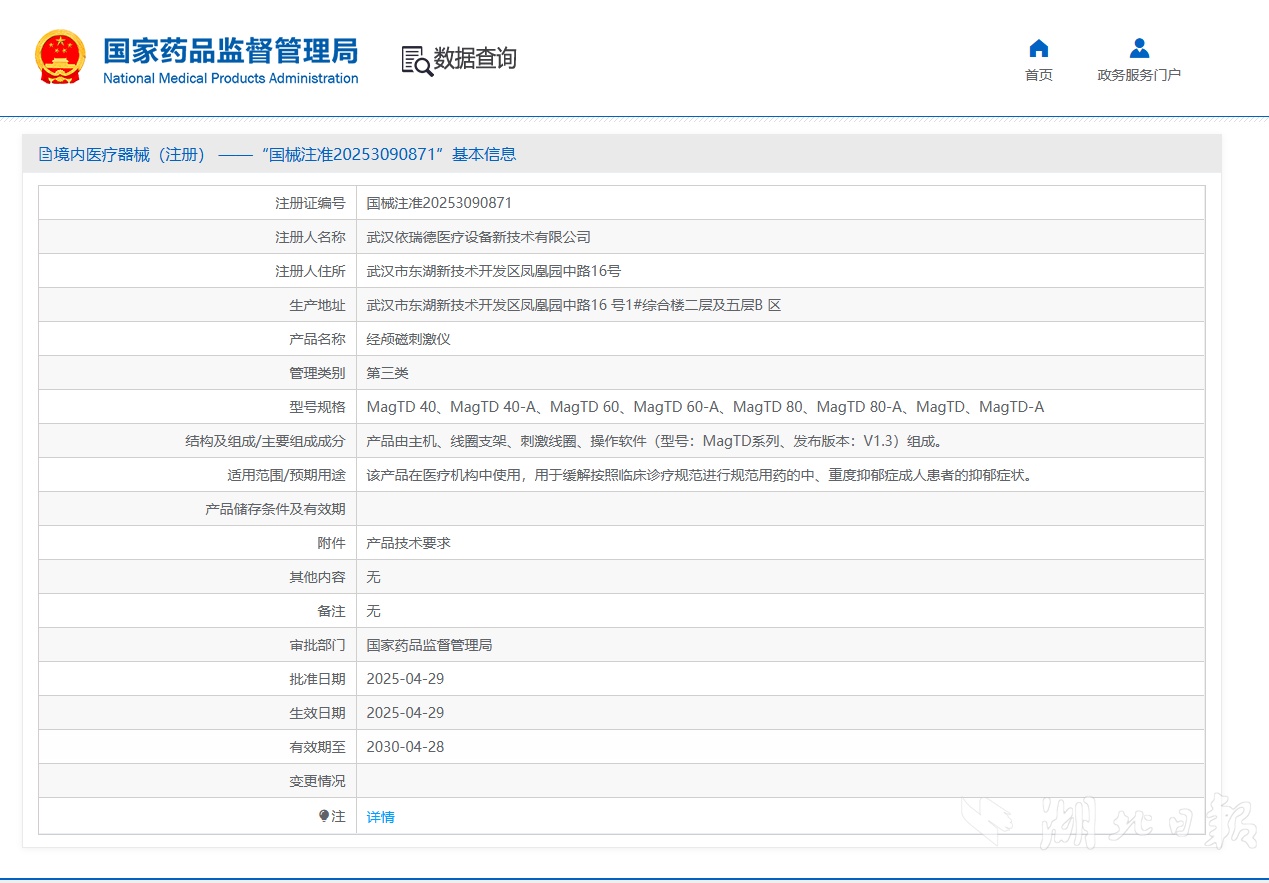 医治抑郁症 国内首张精力范畴经颅磁三类证获批
医治抑郁症 国内首张精力范畴经颅磁三类证获批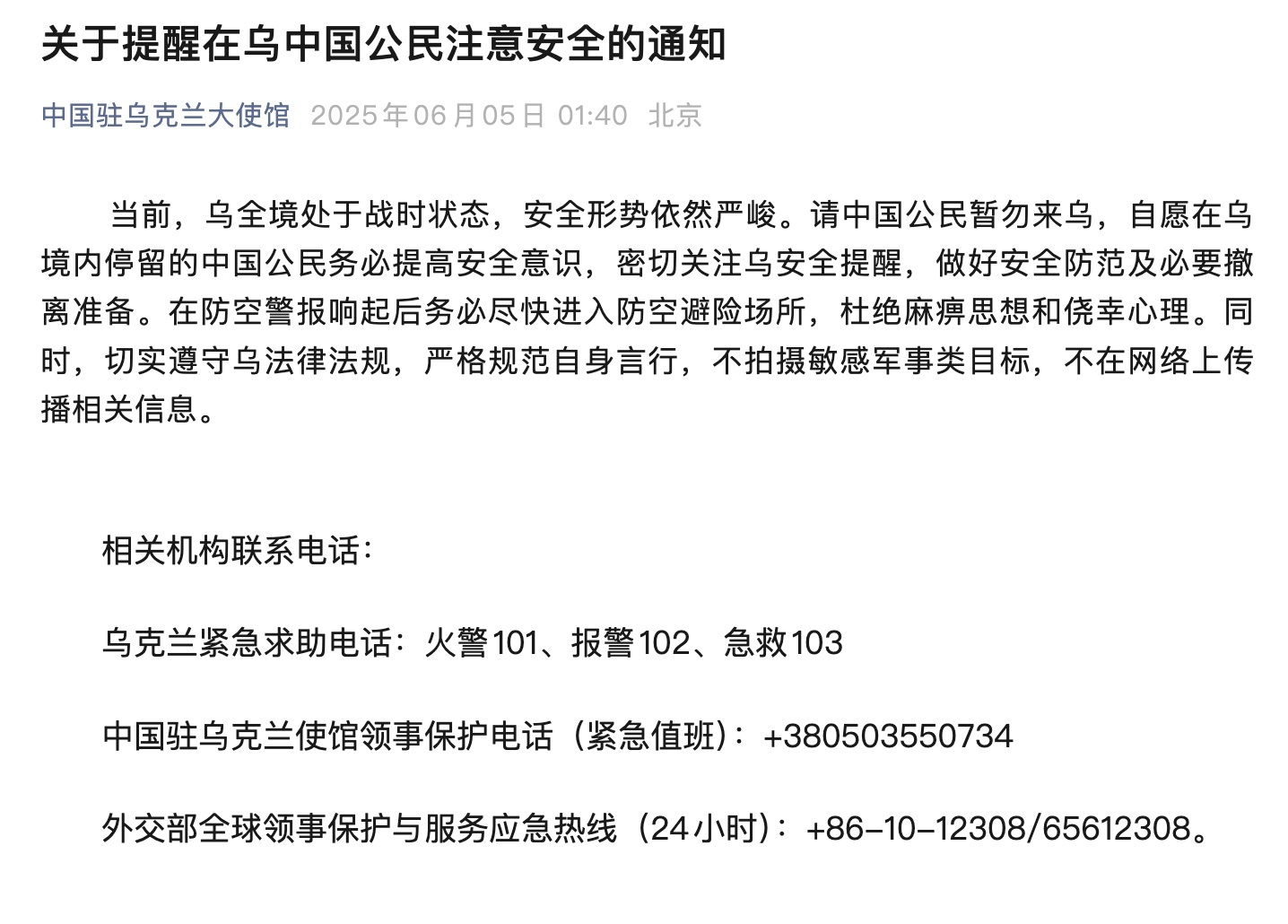 乌全境安全形势严峻 我使馆最新提示
乌全境安全形势严峻 我使馆最新提示 过后弥补补不了生态账
过后弥补补不了生态账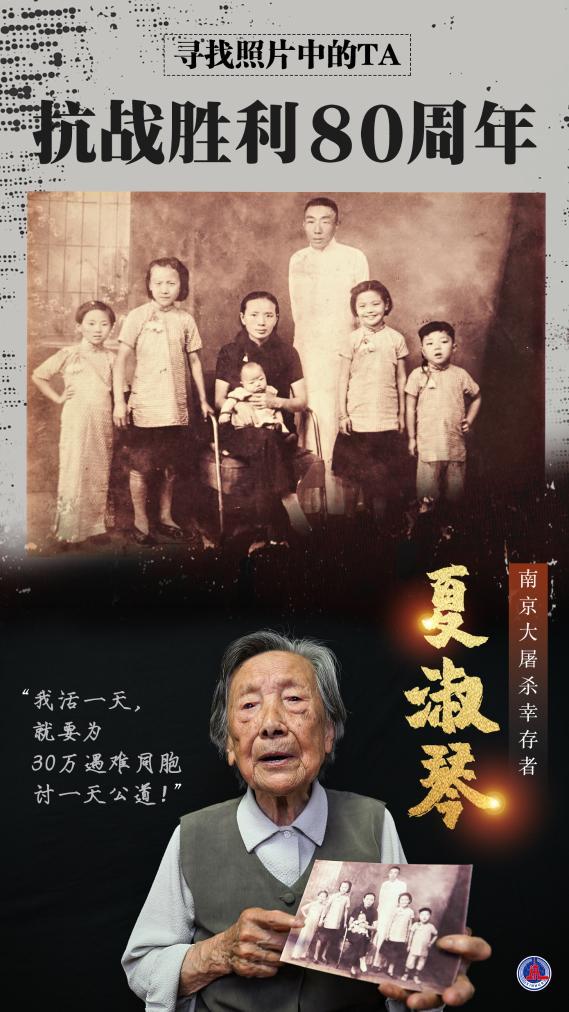 寻觅照片中的TA·抗战成功80周年丨“我活一天,就要为30万罹难同胞讨一天公正!”
寻觅照片中的TA·抗战成功80周年丨“我活一天,就要为30万罹难同胞讨一天公正!”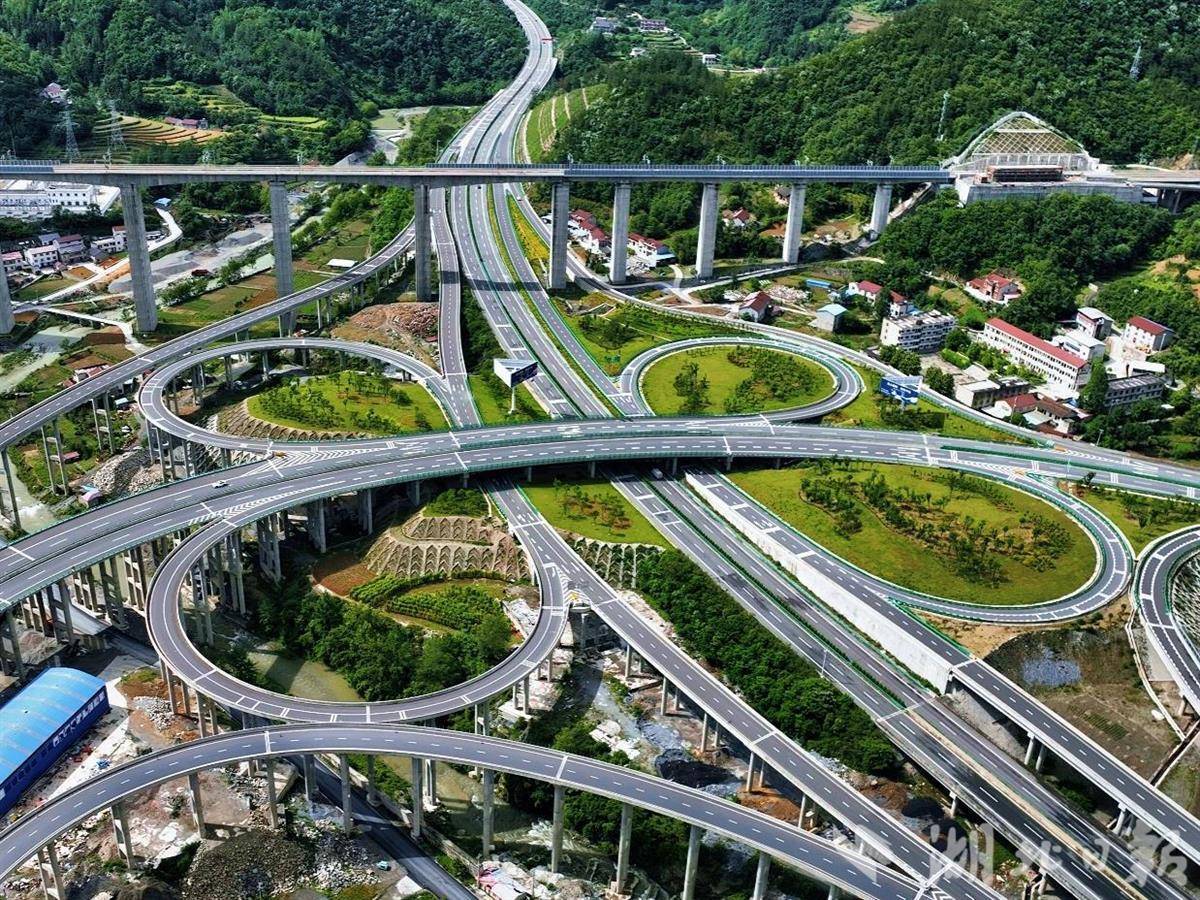 湖北这三条高速当选“全国美丽公路”
湖北这三条高速当选“全国美丽公路”